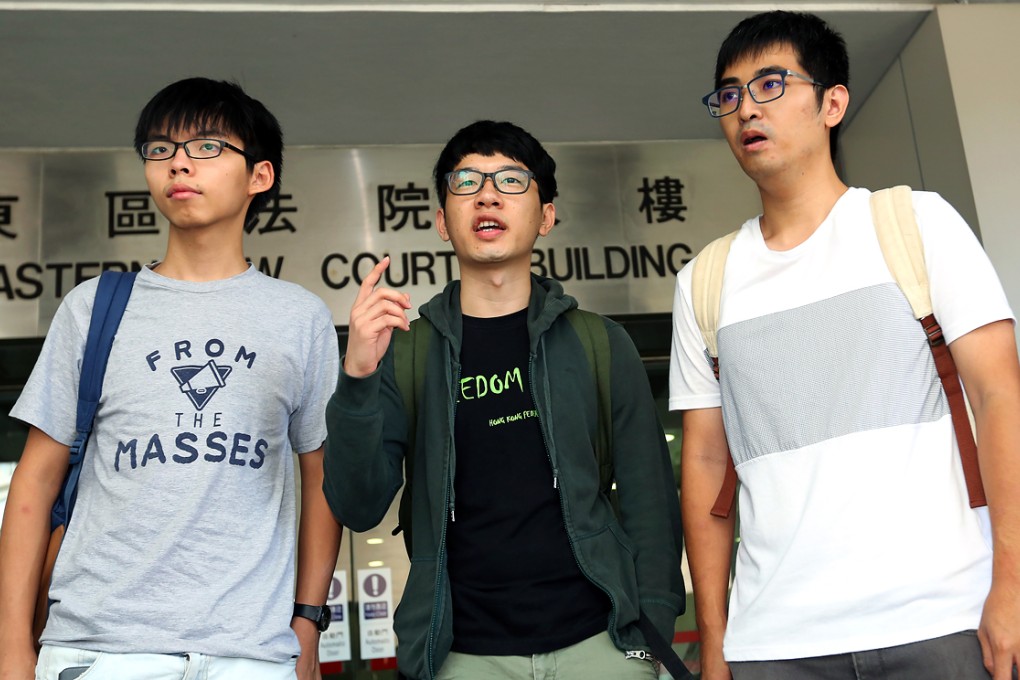A societal calling to check Hong Kong youth in all its daring and righteous indignation
Biology dictates students thrive on thrills, so it is up to grown-ups to point them in right way

These days, students - full of righteous indignation, swearing and pointing accusing fingers at people they regard as moral inferiors - have become a fixture on television. What I find both perplexing and disturbing is how utterly convinced they seem to be of their infallibility. They would not back down or apologise, insisting they are in the right. They have absolutely no use for self-doubt.
It takes courage and commitment for students to throw themselves into the dark and dirty valley of politics. What they need is a more nuanced moral sense and a capacity for self-reflection. So often, they convey the impression that making tough moral choices, between integrity and justice, for example, is effortless. By their calculation, the potential political benefits always outweigh the moral costs of paying for their decisions.
Such decisiveness is worrying. What is wrong with student leaders flip-flopping?
Let politicians pretend they have it all figured out. Students are not running for office. They are not slaves to the interests of their constituencies because they don't have one. By changing their minds and admitting they are sometimes wrong or even clueless, they would be doing our society a great service. We need to keep an open mind because there are things we simply do not know. What is best for society cannot be decided by any single shade of political persuasion.
The English poet John Keats calls this negative capability. He uses the word "negative" not in a pejorative sense, but to convey the idea that a person's potential can be defined by what he does not possess - in this case a determination to work everything out and a tendency to believe he is always right.
Essential to not only literary achievement but a meaningful, fulfilled life, Keats argues, is a willingness to embrace ambiguity and let what is uncertain remain just that.